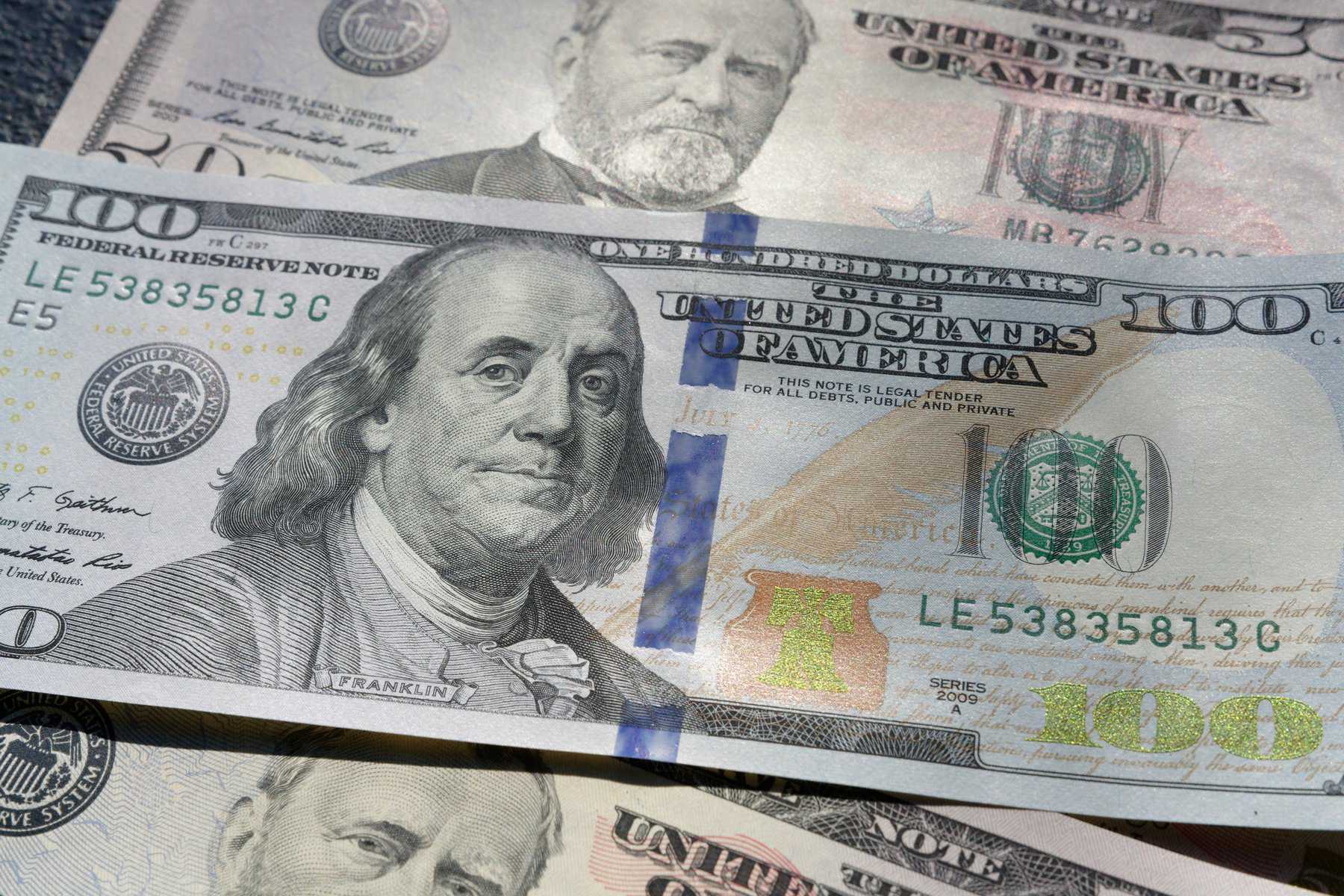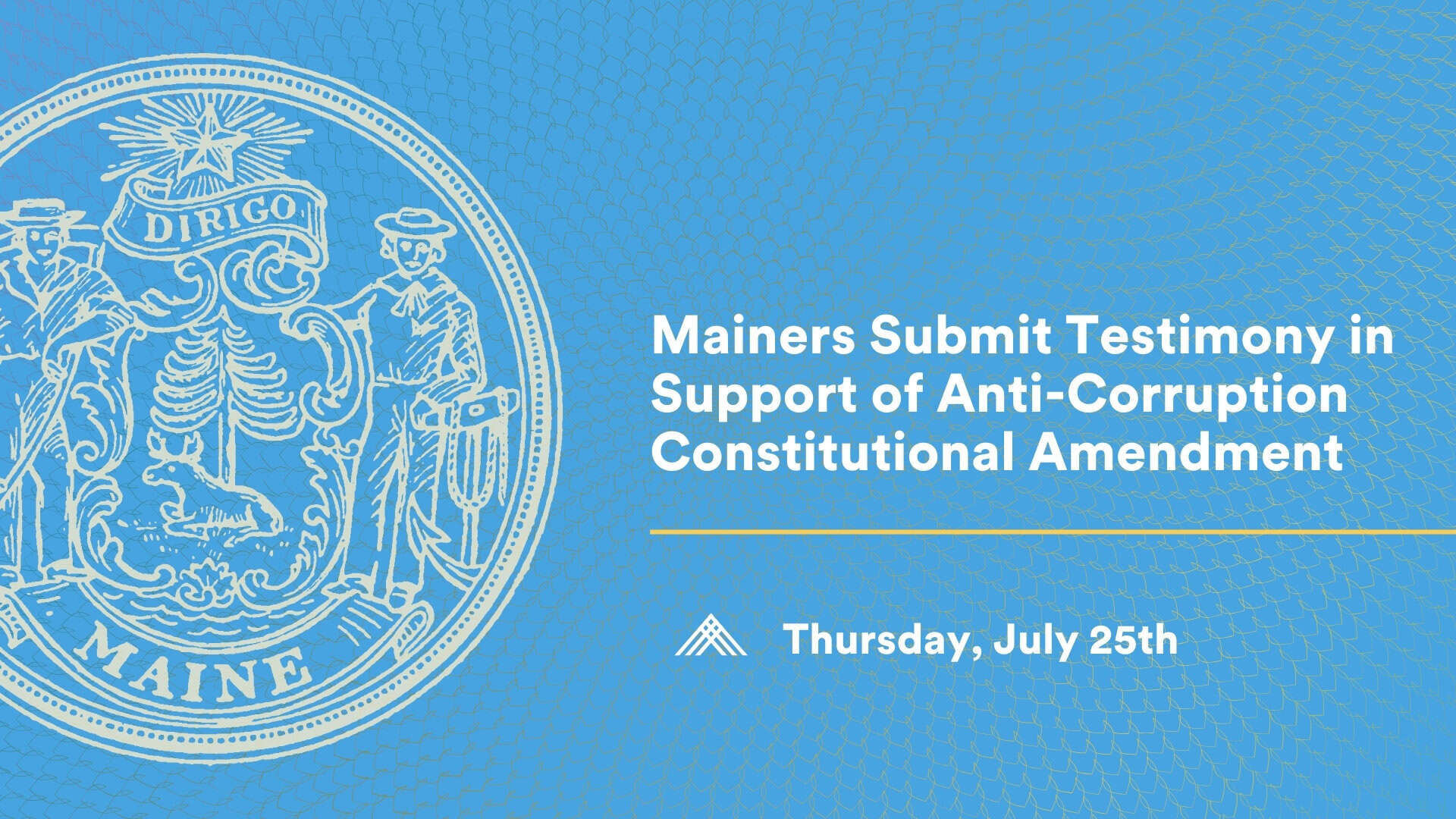A strong majority of American citizens support an amendment to authorize limits on the influence of big money on our political system—an influence that has exploded since the 2010 Supreme Court ruling in Citizens United v. FEC. Whatever their beliefs on specific issues, Americans see how unlimited political spending is undermining representative democracy, distorting our economy and undermining public trust—and they want it to change.
But, what do the opponents of the amendment believe? What were the arguments that led five Supreme Court justices to decide in favor of Citizens United? Their primary argument was that unlimited political spending strengthens democracy, by increasing access to office and fostering productive debate. Conversely, they argue, limiting spending enables government to limit speech about political candidates and elected officials.
How do these claims hold up in reality? Not very well. In a debate at the National Constitution Center in Philadelphia, American Promise President Jeff Clements and Business for American Promise Bay Area co-founder Elizabeth Doty debated former chairman of the FEC Bradley Smith and Senior Counsel at Cahill Gordon & Reindel Floyd Abrams around the idea of the 28th Amendment. The conversation focused on whether the amendment would expand or restrict the fundamental promise of democracy. Let’s walk through their arguments.
Would limits on election spending restrict political participation and limit speech?
In its ruling, the Supreme Court argued that because money is necessary for speech, limiting money amounts to limiting free speech, and that spending limits in the 28th Amendment would restrict rather than enhance political participation and limit speech. “Your choice tonight will be whether for the first time in American history the first amendment as interpreted by the Supreme Court should be limited, that there should be less free speech as defined by the Supreme Court,” Abrams said.
However, by equating money with speech, opponents are dismissing the reality of how political spending is actually used. “Viewing money this way corrupts the idea of equal representation and allows some to amplify their voices and drown out others in elections and in day-to-day governing,” Doty said. The current system is literally so dependent on money that the average U.S. Congressional representative devotes 30 to 70 percent of her time to campaign fundraising. Indeed, the theory that political spending increases access to and debate around our political system does not pass the reality test. More than 90 percent of political spending comes from .01 percent of our country. Average Americans, who have a significantly smaller proportion of expendable income, are unable to compete with the super-wealthy—even when their spending is combined.
Would limits on election spending violate rights of shareholders, or impede competition in the free market?
No. Shareholders do not give up any of their free speech rights by investing in a company, and free market competition benefits by limits on corruption and crony capitalism. In Citizens United, the Supreme Court asserted that corporations are associations of people and that people should not be stripped of their rights just because they associate in corporate form. Thus, they ruled that corporations of all types—including unions, nonprofits, trade associations and for-profit companies—have a right to spend as much as they want to influence our political processes. Yet, as Delaware Chief Justice Leo Strine has clarified, corporations—especially for-profit companies—are not just associations of people. As just one example, shareholders often have no control and no way of knowing what is being “said” in their name. Indeed, the ruling that corporations are associations of people contradicts the Supreme Court’s own jurisprudence in other areas of the law.
But even worse, when corporations can spend from their treasuries to influence government processes, we are inviting crony capitalism—where companies compete based on political influence rather than the value they create in the marketplace. Crony capitalism undermines free enterprise, innovation and long-term prosperity. It allows big spenders to lobby for rule changes that block smaller businesses and innovators, it locks larger companies into an “arms race” where the demand for contributions has been likened to “legalized extortion,” and it makes our entire regulatory system more costly, complex and unfair. This is why, in one study, 10,000 MBAs from across the political spectrum identified our political system as the biggest barrier to U.S. competitiveness. This may also account for a lack of economic dynamism, in which fewer new companies are being launched and companies aren’t expanding, a trend that is particularly damaging to younger Americans.
Would limits on election spending empower politicians to perpetuate political corruption and the status quo?
No. Limits on election spending will enable new voices to challenge the status quo and corruption. Floyd warned that giving the government control of spending limits through the 28th Amendment would endanger personal rights. “We deal in an area in which people in power have enormous impetus to pass legislation limiting people out of power from talking,” he said. These critics argue that limiting spending inherently empowers politicians and the government, because we are then enabling them to regulate how we use money to speak about politicians. They question how spending limits would be determined, and caution against the dangers of government decision-making: “It’s not going to empower the people, it’s going to empower the politicians,” Bradley said.
But the reality is the opposite. Incumbents and political party leaders are now in the dominant position to demand money, punish those who don’t play, and reward those who can pay for favorable policy. Most PAC funding goes to incumbents, and meanwhile 40 percent of state legislative races across the country are uncontested.
Less than 1 percent of Americans contribute most of the money in the U.S. political system and the corrupting influence of this concentrated spending is visible to all. Why else would we have a tax code of 76,000 pages? Here’s another example: Fossil fuel corporations are among the biggest political spenders, and nearly all politicians are hesitant to discuss climate issues. Or consider the opioid crisis. The FDA continually approves stronger and stronger drugs. Meanwhile we have set up a system in which the pharmaceutical industry pays for 75 percent of the FDA’s opioid approval division budget. “Since a change to the FDA’s funding in the 1990s, the agency division responsible for opioid approvals relies on the drug industry for 75 percent of its budget. The agency denies the money buys influence,” writes Chris McGreal in the Guardian.
Unlimited money in politics, via both lobbying and campaign financing has only served to empower the already powerful and disenfranchise the average American, corrupting our democratic processes.
Would limits on election spending make Americans less politically equal?
No. Limits on election spending are essential if we are to restore the concept of political equality central to our Constitution. The 28th Amendment would empower the politicians, Bradley argued, who would use it to reduce criticism. He said “outside spending” is spending by the people—any kind of group that engages in political discussion. “If we think democracy is truly threatened, then we want to spend our money to voice that opinion,” he said.
Our view: Under this new theory, the right of every American to participate in the political process as an equal does not matter. Right now, your right to speech is dependent on how much money you have, so some have more rights than others. One dollar equals one vote, not one person equals one vote. To counter this legal (but unaligned with lived experience) interpretation, the 28th Amendment would restore the right to political equality . The court’s removal of equality from the Constitution is the most efficient, most effective way to rapidly allocate political power to the wealthy in this country, and that’s exactly what we’ve watched happen.
The Supreme Court did not make a mistake. The justices have determined this is the correct interpretation of the Constitution as written. As we’ve seen in the past—when the Supreme Court upheld slavery and denied women’s right to vote—the Court requires the action of the citizenry to change the fundamental rules of our nation, by changing the Constitution. We the people are granted equal power with our elected officials, through the amendment process. We must use this power once more to redefine what equality means under the law, and further the greatest promise of our nation: equality under the law.







